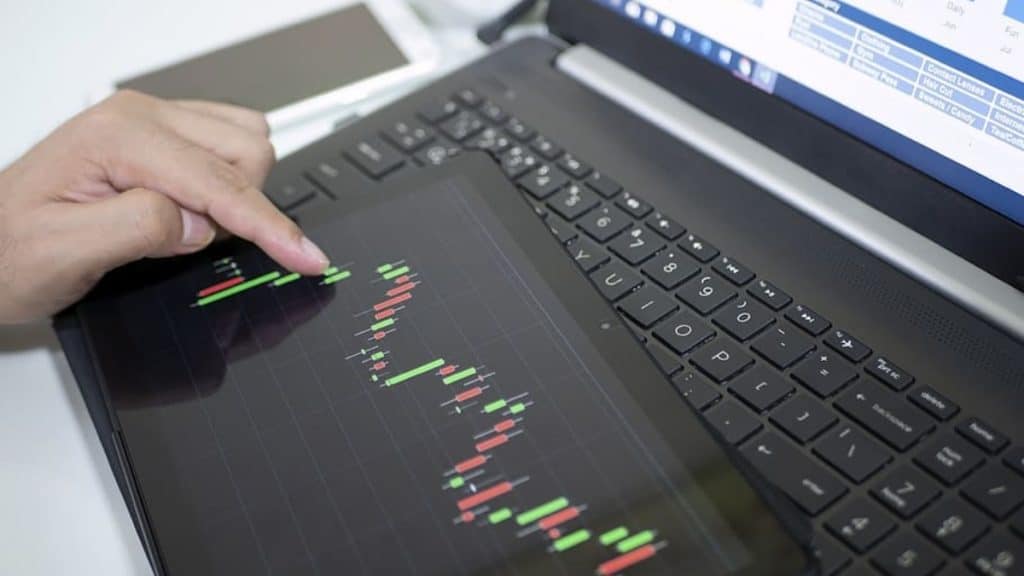For newcomers to the world of foreign exchange trading, the prospect of risking real money in a complex and volatile market can be daunting. Fortunately, most reputable Forex brokers offer a solution that allows traders to gain experience and test their strategies without putting their capital on the line: demo accounts. These virtual trading environments provide an excellent opportunity to practice Forex trading in a risk-free setting, helping traders build confidence and refine their skills before entering the live market.
What is a Demo Account?
A demo account, also known as a practice account, is a simulated trading environment that mirrors real market conditions. It allows traders to execute trades, test strategies, and familiarize themselves with trading platforms without using real money. Instead, traders are provided with virtual funds to use in their transactions.
One of the most popular platforms for Forex trading is MetaTrader 4 (MT4), and many brokers offer an MT4 demo account option. This enables users to experience the full functionality of the platform, including its advanced charting tools, technical indicators, and automated trading capabilities.
Benefits of Using a Demo Account
- Risk-Free Learning: The primary advantage of a demo account (Forex) is the ability to learn and practice without financial risk. Traders can make mistakes, experiment with different strategies, and gain valuable experience without the fear of losing real money.
- Platform Familiarity: For those new to trading platforms like MT4, a demo account provides an opportunity to become familiar with the interface, tools, and features before committing to a live account.
- Strategy Testing: Experienced traders can use demo accounts to test new strategies or fine-tune existing ones without risking their capital. This is particularly useful for developing and backtesting automated trading systems.
- Market Analysis Practice: Demo accounts allow traders to practice analyzing market trends, identifying potential trade setups, and making decisions based on real-time data.
- Emotional Management: While demo trading doesn’t fully replicate the psychological aspects of live trading, it can help traders develop discipline and learn to manage emotions associated with winning and losing trades.
How to Make the Most of Your Demo Account
To maximize the benefits of your MT4 demo or any other practice account, consider the following tips:
- Treat it Like a Real Account: Approach your demo trading with the same seriousness and discipline you would apply to a live account. This will help you develop good habits and a realistic trading mindset.
- Use Realistic Capital: Start with a virtual balance that reflects the amount you plan to trade with in your live account. This will give you a more accurate representation of potential gains and losses.
- Follow Market News: Stay informed about economic events and news that affect currency pairs. This will help you understand how real-world factors influence the Forex market.
- Keep a Trading Journal: Record your trades, including entry and exit points, reasons for your decisions, and outcomes. This will help you identify patterns and areas for improvement.
- Experiment with Different Timeframes: Practice trading on various timeframes to find which suits your trading style and schedule best.
- Learn from Mistakes: Use your demo account as a learning tool. Analyze your losing trades to understand what went wrong and how to avoid similar mistakes in the future.
- Test Different Order Types: Familiarize yourself with various order types, such as market orders, limit orders, and stop-loss orders. Understanding how these work is crucial for managing risk in live trading.
Transitioning from Demo to Live Trading
While demo trading is an invaluable tool for learning and practice, it’s important to recognize its limitations. The psychological aspects of risking real money cannot be fully replicated in a demo environment. Therefore, when transitioning to a live account, consider the following:
- Start Small: Begin with a small amount of capital to minimize risk as you adjust to live trading.
- Maintain Discipline: Apply the same rules and strategies you developed in your demo account to your live trading.
- Manage Risk: Implement proper risk management techniques, such as setting stop-loss orders and not risking more than a small percentage of your account on any single trade.
- Continue Learning: The Forex market is constantly evolving. Stay informed about new strategies, tools, and market dynamics to maintain a competitive edge.
In conclusion, demo accounts offer an excellent opportunity for both novice and experienced traders to hone their skills, test strategies, and gain confidence in a risk-free environment. Whether you’re using an MT4 demo account or another platform, make the most of this valuable tool to prepare yourself for success in the dynamic world of Forex trading.
FAQ:
How long should I practice on a demo account before switching to live trading?
The duration varies depending on individual progress and comfort level. Generally, it’s recommended to practice for at least a few months and consistently achieve profitable results before transitioning to live trading.
Are demo account trading conditions identical to live market conditions?
While demo accounts closely simulate live market conditions, there may be slight differences in factors such as execution speed and slippage. Additionally, the psychological aspect of risking real money is absent in demo trading.
Can I switch back to a demo account after I’ve started live trading?
Yes, most brokers allow traders to maintain both demo and live accounts simultaneously. It’s often beneficial to continue using a demo account for testing new strategies even after you’ve begun live trading.
Is it possible to make money consistently in Forex if I’m profitable in demo trading?
While success in demo trading is a positive indicator, it doesn’t guarantee profitability in live trading. Real market conditions, emotions, and risk management play significant roles in determining long-term success. Continuous learning and adapting to market changes are crucial for consistent profitability.

